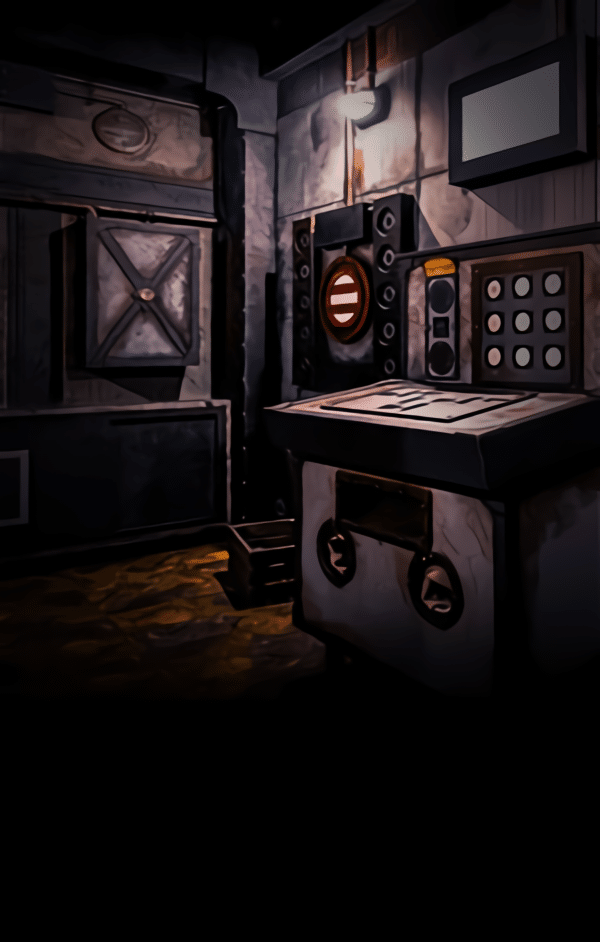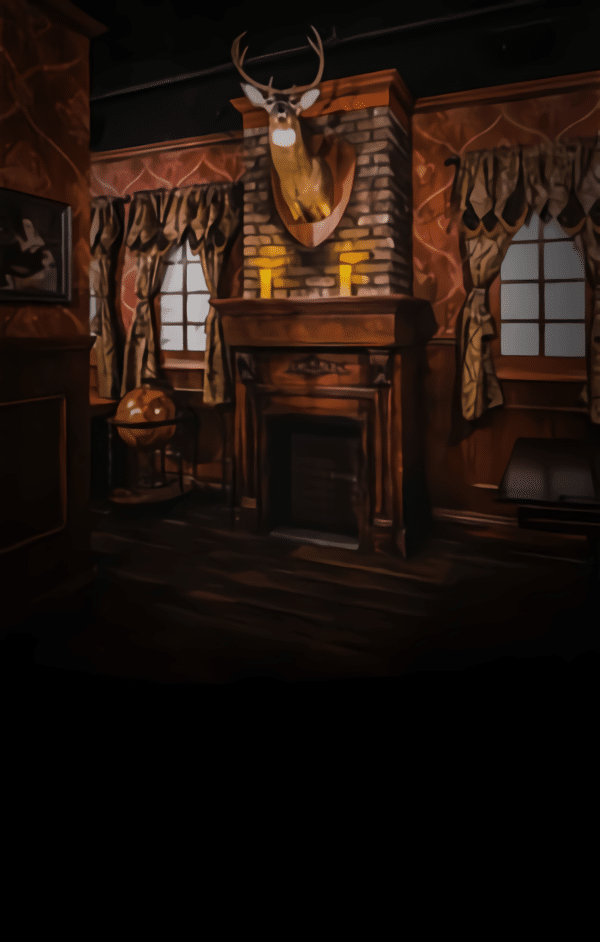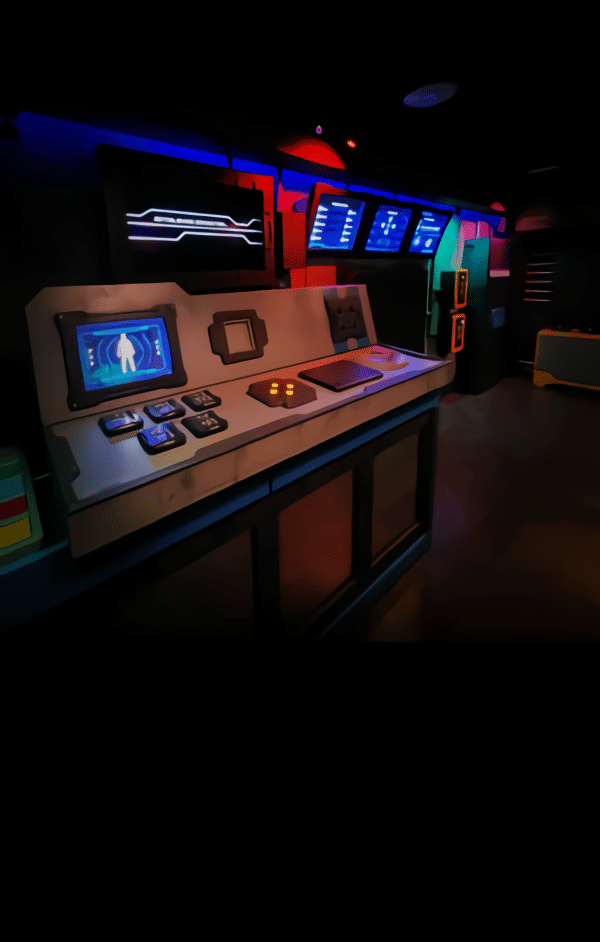Are Escape Rooms Connecticut Accessible for People with Disabilities?
Escape rooms offer an immersive and exciting experience for individuals and groups looking for adventure, but one important question remains: Are escape rooms in Connecticut accessible for people with disabilities? Accessibility is a key factor for many players, including those with mobility impairments, sensory sensitivities, and other special needs. In this article, we will explore how escape rooms, particularly Mission Escape Games, are working to create inclusive experiences for all players.
Physical Accessibility in Connecticut Escape Rooms
For players with mobility challenges, physical accessibility is an essential consideration. Many modern escape rooms are located in commercial buildings that comply with the Americans with Disabilities Act (ADA), ensuring accessibility for wheelchair users and those with limited mobility.
1. Wheelchair-Friendly Facilities
-
Some escape rooms have step-free entrances and wide doorways to accommodate wheelchairs.
-
Hallways and game rooms are designed to provide ample maneuvering space.
-
Elevators may be available in multi-story facilities to assist guests with mobility needs.
2. Adjustable Game Elements
-
Some puzzles and clues are positioned at various heights, making them reachable for wheelchair users.
-
Lock mechanisms and clue containers may be designed to be easy to open and manipulate without excessive force.
Before booking, it is always best to call ahead and confirm whether a specific room is wheelchair-accessible. Mission Escape Games and many other Connecticut-based escape rooms are constantly working to improve accessibility and provide accommodations upon request.
Accommodations for Players with Hearing Impairments
Escape rooms often include audio-based puzzles, but many venues provide accommodations to ensure an equally engaging experience for deaf and hard-of-hearing players.
1. Visual Clues and Text-Based Hints
-
Many escape rooms include written instructions or visual indicators to supplement verbal clues.
-
Game masters can provide text-based hints on a screen or notepad instead of verbal cues.
2. Captioning or Sign Language Interpretation
-
Some venues offer captioned instructions or employ staff who are trained in American Sign Language (ASL).
-
Teams can request a pre-game briefing via text or writing to understand the rules clearly.
Players who require these accommodations should contact the venue in advance to discuss available options. Mission Escape Games and similar escape room companies in Connecticut strive to provide inclusive experiences for deaf and hard-of-hearing players.
Accessibility for Players with Visual Impairments
For individuals with low vision or blindness, escape rooms can pose unique challenges. However, many venues are adapting their rooms to create a more accessible experience.
1. Tactile and Audio-Based Puzzles
-
Some escape rooms incorporate tactile puzzles that rely on touch rather than sight.
-
Audio cues and voice-guided elements can provide clues for visually impaired players.
2. Assistance from Team Members
-
Players with low vision can team up with sighted partners who can describe clues and navigate the room together.
-
Some venues allow service animals, though checking ahead is recommended.
While not all escape rooms are fully optimized for blind players, Mission Escape Games and other Connecticut escape rooms are working toward making their puzzles more accessible to everyone.
Sensory-Friendly Escape Room Experiences
For players with sensory sensitivities, such as those with autism, escape rooms can sometimes be overwhelming due to loud noises, flashing lights, or intense themes. To accommodate these players, many venues offer sensory-friendly game options.
1. Low-Stimulation Environments
-
Some rooms can have reduced lighting and sound effects for players sensitive to sensory input.
-
Game masters may adjust background music and sound levels upon request.
2. Flexible Game Rules
-
Escape rooms may allow longer playtimes or provide break areas for players who need time to adjust.
-
Some venues offer private bookings to allow for a quieter and more controlled experience.
If sensory-friendly accommodations are needed, contacting the escape room in advance will ensure that they can make the necessary adjustments for an enjoyable game.
Escape Rooms and Cognitive Accessibility
Players with cognitive disabilities, including ADHD, autism, or other neurodivergent conditions, may require additional support to fully enjoy their escape room experience.
1. Clear Instructions and Game Assistance
-
Some escape rooms provide simplified instructions to ensure clear understanding.
-
Game masters can offer extra hints or slower-paced gameplay when needed.
2. Private Bookings for Comfort
-
Private escape room sessions can help reduce social anxiety or external distractions.
-
Players can take extra time to understand puzzles without feeling rushed.
Many escape room venues, including Mission Escape Games, prioritize inclusive experiences and will work with teams to ensure the game is enjoyable for all players.
Conclusion
Escape rooms in Connecticut, including Mission Escape Games, are committed to enhancing accessibility so that players of all abilities can fully engage in the experience. As the popularity of escape rooms continues to grow, many venues are making significant strides to accommodate a wide range of needs, ensuring that everyone has the opportunity to participate.
For individuals with mobility challenges, several escape rooms now feature wheelchair-accessible spaces, ramps, and adjustable game setups that allow for comfortable movement within the rooms. Those with hearing impairments can benefit from visual cues, written instructions, and even ASL-friendly options at select locations. Additionally, venues are increasingly incorporating accommodations for vision impairments, such as large-print clues, braille materials, and audio descriptions.
Players with sensory sensitivities or cognitive disabilities can also find supportive environments tailored to their needs. Many escape rooms offer sensory-friendly sessions with adjusted lighting, reduced sound effects, and additional time to complete puzzles. Some locations even provide private bookings, allowing groups to personalize their experience and minimize distractions.
While not all escape rooms are fully accessible, many venues are willing to make modifications to ensure an enjoyable experience for every guest. It is always advisable to call ahead and discuss specific needs with the staff, as they can often suggest the most suitable rooms or adapt certain elements to improve accessibility. By fostering an inclusive environment and continuously improving accommodations, escape room venues in Connecticut are making it possible for more individuals to enjoy the thrill of puzzle-solving, teamwork, and adventure.
Frequently Asked Questions (FAQ)
Q: Are there wheelchair-accessible escape rooms in Connecticut?
A: Yes! Many escape rooms have step-free access, wide doorways, and adjustable game elements to accommodate wheelchair users. Always call ahead to confirm accessibility.
Q: Can deaf or hard-of-hearing players enjoy escape rooms?
A: Absolutely! Many venues offer text-based clues, visual hints, and even ASL-friendly game masters to ensure a great experience.
Q: Do escape rooms allow service animals?
A: Most escape rooms permit service animals, but it’s best to check with the venue beforehand to confirm their policies.
Q: Are there sensory-friendly escape rooms in Connecticut?
A: Yes! Some escape rooms offer low-light, quiet, or customizable experiences to accommodate players with sensory sensitivities.
Q: How can I find an accessible escape room in Connecticut?
A: The best way is to contact the escape room directly and ask about their specific accommodations for your needs.







